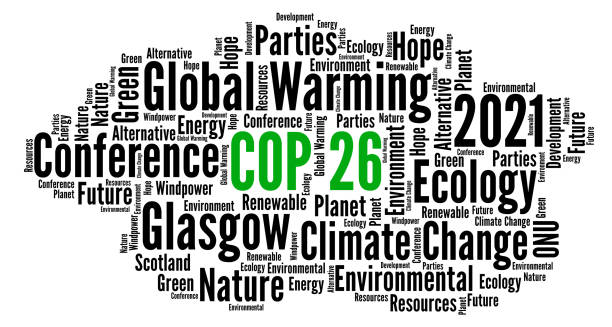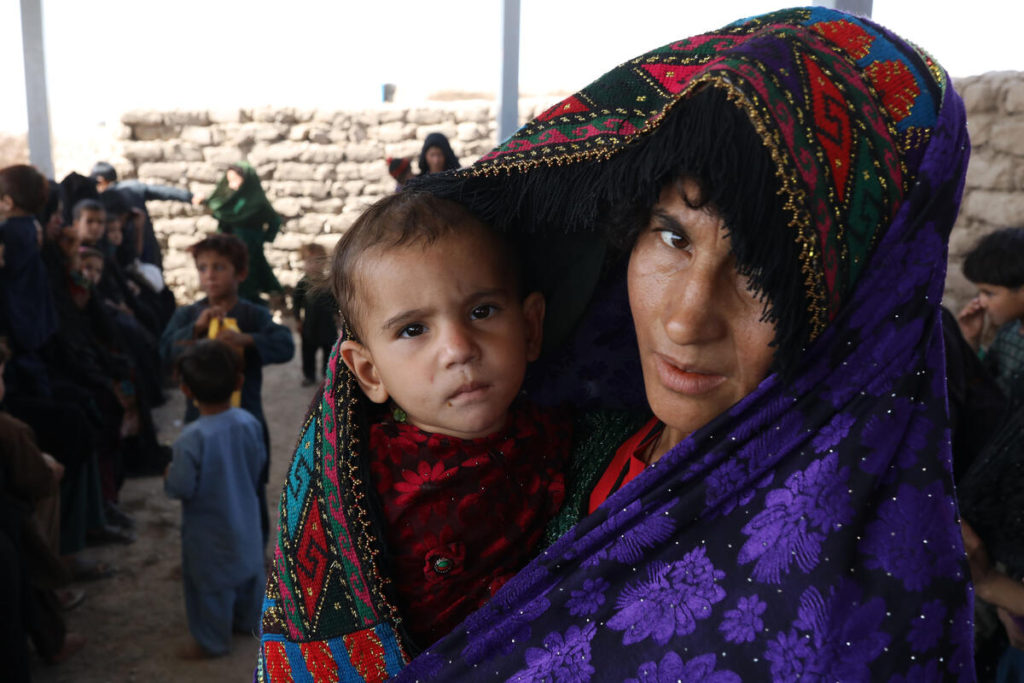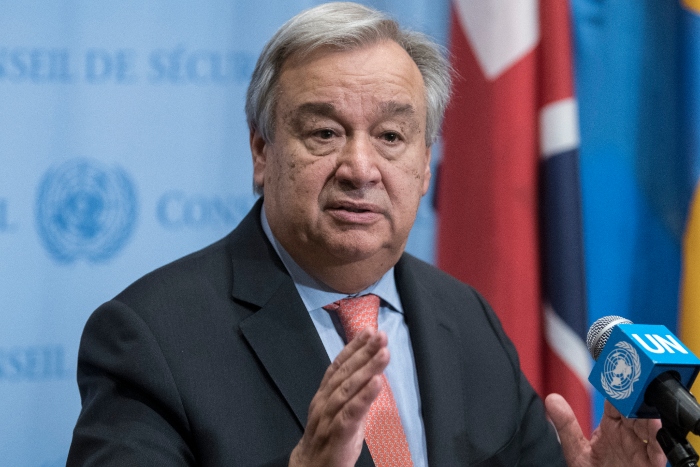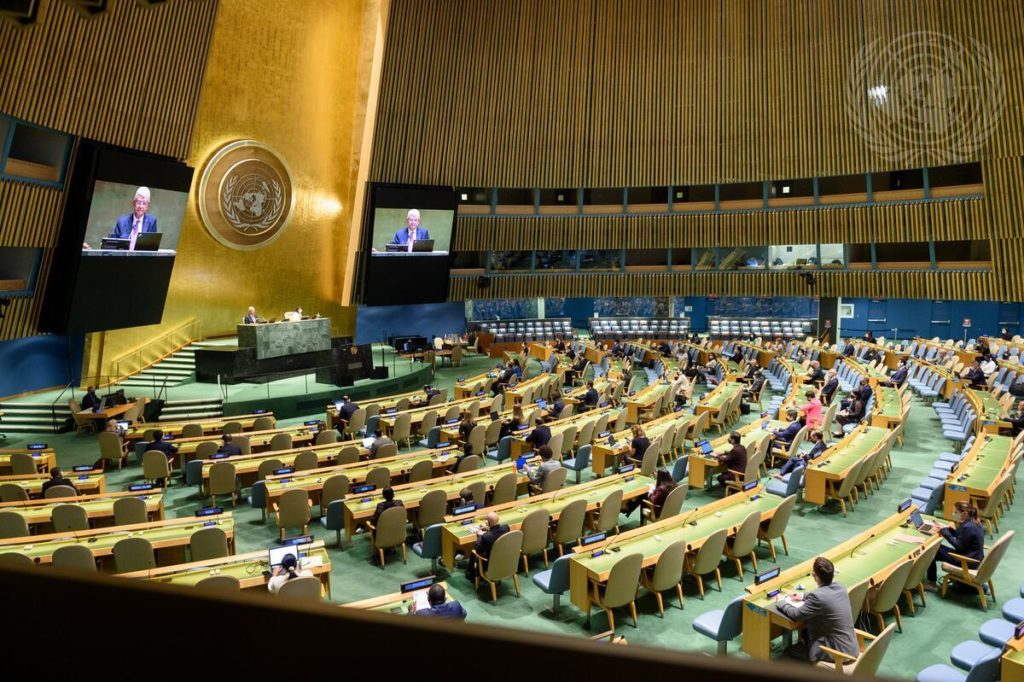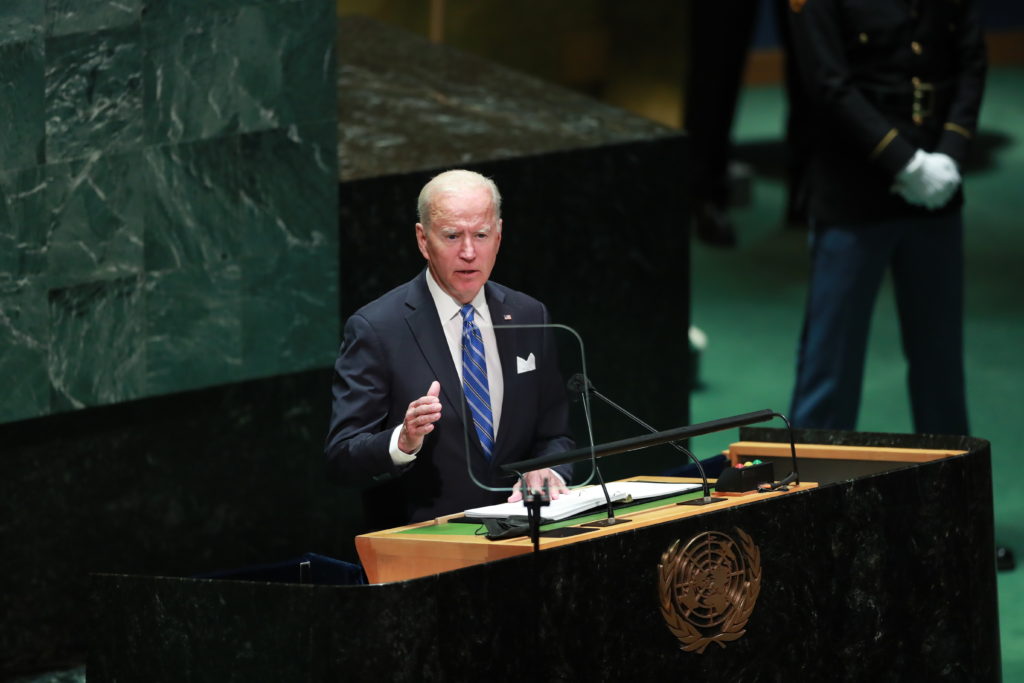Climate summit faces major challenges to revert global warming
Glasgow/New York, October 30 – The United Nations climate conference in the Scottish city of Glasgow faced negative views that it may not be able to succeed in efforts to revert global warming as wealthy nations remain divided about measures to phase out coal, a major source of greenhouse gas emissions.
UN Secretary-General Antonio Guterres said during meetings October 29-30 in Rome of the G20 that there is a “serious risk” that the Glasgow conference “will not deliver,” as reported by UN News. G20 is the group of the world’s wealthiest nations that account for 80 per cent of the global economy and 75 per cent of global emissions.
“Even if recent pledges were clear and credible, and there are serious questions about some of them, we are still careening towards climate catastrophe,” he said.
“If we want real success…we need more ambition and more action. The most important objective of this G20 Summit must be to re-establish trust – by tackling the main sources of mistrust – rooted in injustices, inequalities and geo-political divides,” he said.
“On all our climate goals, we have miles to go. And we must pick up the pace. Scientists are clear on the facts. Leaders must be as clear in their actions,” he stated, adding that the climate summit can be “a turning point towards a safer, greener world. It is not too late. But we must act now”.
The two-week climate summit was to open on October 31 in Glasgow with an ambitious but difficult program of setting up new regulations to implement targets of phasing out fossil fuels burning that are heating up the planet. Known as COP26, which means the 26th annual Conference of the Parties to the UN Framework Convention on Climate Change signed by 197 countries.
About 100 heads of state and government and thousands of representatives from the UN, non-governmental organizations and civil societies have registered to attend in person. US President Joe Biden, British Prime Minister Boris Johnson, European Union leaders and Guterres will address the summit.
A main goal of fighting climate change was set at the climate conference in Paris in 2015, which demanded that countries implement climate mitigating measures and adapt to climate technology to prevent the average global temperature from rising above 1.5 degrees Celsius. But studies showed that global warming will continue with deadly heat waves, flooding, wildfire, drought and the collapse of the ecosystems.
Climate action requires also that wealthy countries allocate $100 billion a year to developing and vulnerable countries so they can adapt to green technology and cope with climate disasters that they are not responsible for. But wealthy countries have not yet met the needed financial goal.
The UN Environment Program said in a new Emissions Gap Report before the Glasgow conference that new and updated commitments to mitigate climate change were a positive step forward. But it said however that the world remains on track for a dangerous global temperature rise of at least 2.7 degrees Celsius this century even if climate action is implemented.
See full report here: https://bit.ly/2ZhNuUT
Executive summary: https://bit.ly/3GloOfd
The report said the efforts remained insufficient and the world needs a 55 per cent reduction to limit global temperature increase below 1.5°C, the capstone defined by scientists as the less risky scenery for our planet and humanity’s future.
The report showed that updated Nationally Determined Contributions (NDCs), which are pledges by each country to reduce national emissions, as well as other commitments made for 2030 but not yet officially submitted – would only lead to an additional 7.5 per cent reduction in annual greenhouse emissions in 2030, compared to previous commitments.
The UN Development Program and the University of Oxford issued also a new survey called the G20 Peoples’ Climate Vote that showed the crucial importance of how young people support climate action in the G20, which is a group of the world’s wealthiest nations. Climate action by the G20 would have a huge impact on mitigating climate change because the group accounts for 80 per cent of the global economy and 75 per cent of global emissions.
See full report: https://bit.ly/3GixZNt
“This new Peoples’ Climate Vote shows that, on average, 70 per cent of young people in G20 countries believe that we are in a global climate emergency,” said UNDP Administrator Achim Steiner.
“Given that they are about to inherit this climate emergency, young people are sending a message to global leaders that is loud and clear: they want climate action now. The world is now watching – hoping that countries will come together at COP26 in Glasgow to make bold, historic decisions that will literally change the future.”
The most popular climate policies among under-18s in the G20 countries surveyed were conservation of forests and land (59%), using solar, wind and renewable power and using climate friendly farming techniques (both 57%). Support for these policies was stronger among young people by three percentage points for the first two policies, and by four percentage points for climate-friendly farming.
The survey polled over 689,000 people, including over 300,000 under 18 years old. Youths at are particularly aware of climate dangers as they are entering the workforce and becoming voters, which put them in positions of greater influence.
United Nations correspondent journalists – United Nations correspondent journalists – United Nations correspondent journalists
United Nations journalism articles – United Nations journalism articles – United Nations journalism articles
Climate summit faces major challenges to revert global warming Read More »

